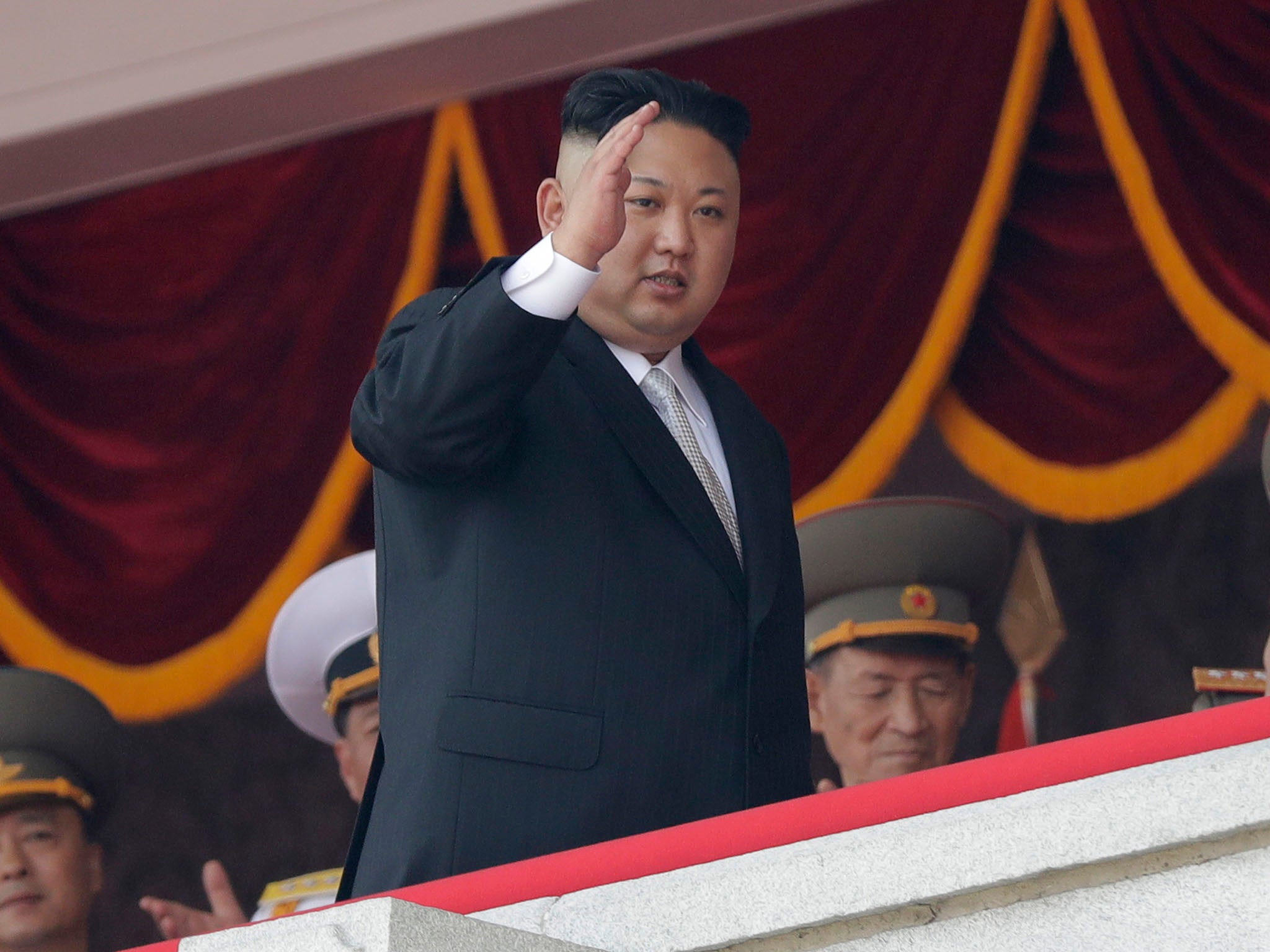North Korea could be President Trump's first major foreign crisis
While Washington’s next steps are not crystal clear, it looks increasingly likely that the two decades long US policy of 'strategic patience' towards Pyongyang may now be over

Rex Tillerson finishes on Wednesday his latest tricky diplomatic trip as US Secretary of State, this time to Asia, where North Korea dominated the agenda. With stop offs in the Philippines, Thailand, and Malaysia, he sought to dispel perceptions that the Trump team has little interest in the strategically important Southeast Asia area which – if massed collectively – has the sixth largest economy in the world.
The trip has already underlined that agendas of the Association of Southeast Asian Nations (ASEAN) countries – Indonesia, Philippines, Singapore, Thailand, Malaysia, Brunei, Cambodia, Laos, Myanmar and Vietnam – and those of the Trump team are not aligned. And this has fuelled concerns within the region that the administration cares little for it.
Previously, the Obama administration pushed the Trans-Pacific Partnership trade deal to underline its regional commitment, partly to push back on China’s growing power and presence which is a concern for many ASEAN states. But the Trump team has pulled out of that accord with no replacement initiatives.
Moreover, while the agenda of ASEAN nations who met Sunday in Manila with Tillerson is broad – from regional counter-terrorism, through to maritime security and Beijing’s assertiveness in the South China Sea – the US Secretary of State was keen to put the Korean stand-off at the centre of his trip. To be sure, Washington’s concerns about Pyongyang’s provocations are broadly felt by ASEAN.
However, despite the raising of the stakes last month with two intercontinental ballistic missile (ICBM) tests by the regime, the Southeast Asian states do not generally share Washington’s super prioritisation of this issue. The concern is that this de-emphasises other topics in the regional dialogue with the United States such as South China Sea tensions.
Yet, from the Trump team’s vantage point, the reason why the ICBM tests are so serious is that the missiles reportedly had the range to reach states on the country’s Western seaboard. With the US homeland looking vulnerable, Donald Trump could soon be facing into his first major foreign crisis, possibly requiring him to make big decisions soon on how to tackle Pyongyang’s provocations.
In this context, Tillerson used the weekend gathering of the ASEAN regional forum – which is Asia’s biggest security group including “outside” dialogue nations such as Japan, North Korea as well as the United States – to try to isolate Pyongyang by “drastically” reducing their dealings with it. The forum agreed Saturday to take a stronger tone than previous statements on North Korea calling for the regime to comply with UN Security Council resolutions on its nuclear programme, including the one unanimously passed on Saturday which bans mineral and seafood exports worth some $1bn to the regime.
Coinciding with this sanctions diplomacy, the United States and South Korea conducted their latest tests last month of the controversial Terminal High Altitude Area Defense (THAAD) missile system. Condemned by North Korea, China and Russia, THAAD is being deployed by Washington in South Korea as a means to potentially intercept missiles launched by Pyongyang.

Recent US rhetoric has given the international community heightened concerns that Trump might now be thinking, much more seriously, about a pre-emptive strike on Pyongyang’s nuclear capabilities. Last month, Trump asserted that North Korea “is behaving in a very dangerous manner, and something will have to be done about it...and probably dealt with rapidly”.
While Washington’s next steps are not crystal clear, it looks increasingly likely that the two decades long US policy of “strategic patience” towards Pyongyang may now be over with all options on the table. Aside from military force, scenarios range from a new round of peace talks at the dovish end of the spectrum, to more hawkish actions like interdicting ships suspected of selling North Korea weapons abroad, one of the regime’s key sources of income.
However, Washington knows it would be wise to try to bring other parties, especially Beijing, on board for any intensified package of measures. Yet, beyond key regional allies like Tokyo and Seoul, others – especially Beijing – have been reluctant to take more comprehensive, sweeping measures.
To be sure, China has taken some unilateral actions to tighten the screws on North Korea, including banning all coal imports into the country in February. However, it is unlikely to squeeze its neighbour too hard.
The key reason Beijing has differed with Washington over the scope and severity of actions against Pyongyang largely reflects the fact that it does not want to push the regime so hard that it becomes significantly destabilised. From the vantage point of Chinese officials, this risks North Korea behaving even more unpredictably, and/ or the outside possibility of the implosion of the regime. This would not be in Beijing’s interests for at least two considerations. Firstly, if the Communist regime in Pyongyang falls it could undermine the legitimacy of the Chinese Communist Party – its regional ally – too. In addition, Beijing fears that the collapse of order in North Korea could lead to instability on the North Korea-China border, a potentially large influx of refugees that it would need to manage, and ultimately the potential emergence of a pro-US successor nation.
Taken overall, Tillerson’s tricky trip will do little to ease concerns of Southeast Asian allies that the region is peripheral to the Trump team’s priorities. While ASEAN nations are toughening their stance vis a vis North Korea, they do not generally share Washington’s super prioritisation of this issue at the potential expense of others such as the tensions in the South China Sea.
Andrew Hammond is an Associate at LSE IDEAS at the London School of Economics
Join our commenting forum
Join thought-provoking conversations, follow other Independent readers and see their replies
Comments
Bookmark popover
Removed from bookmarks